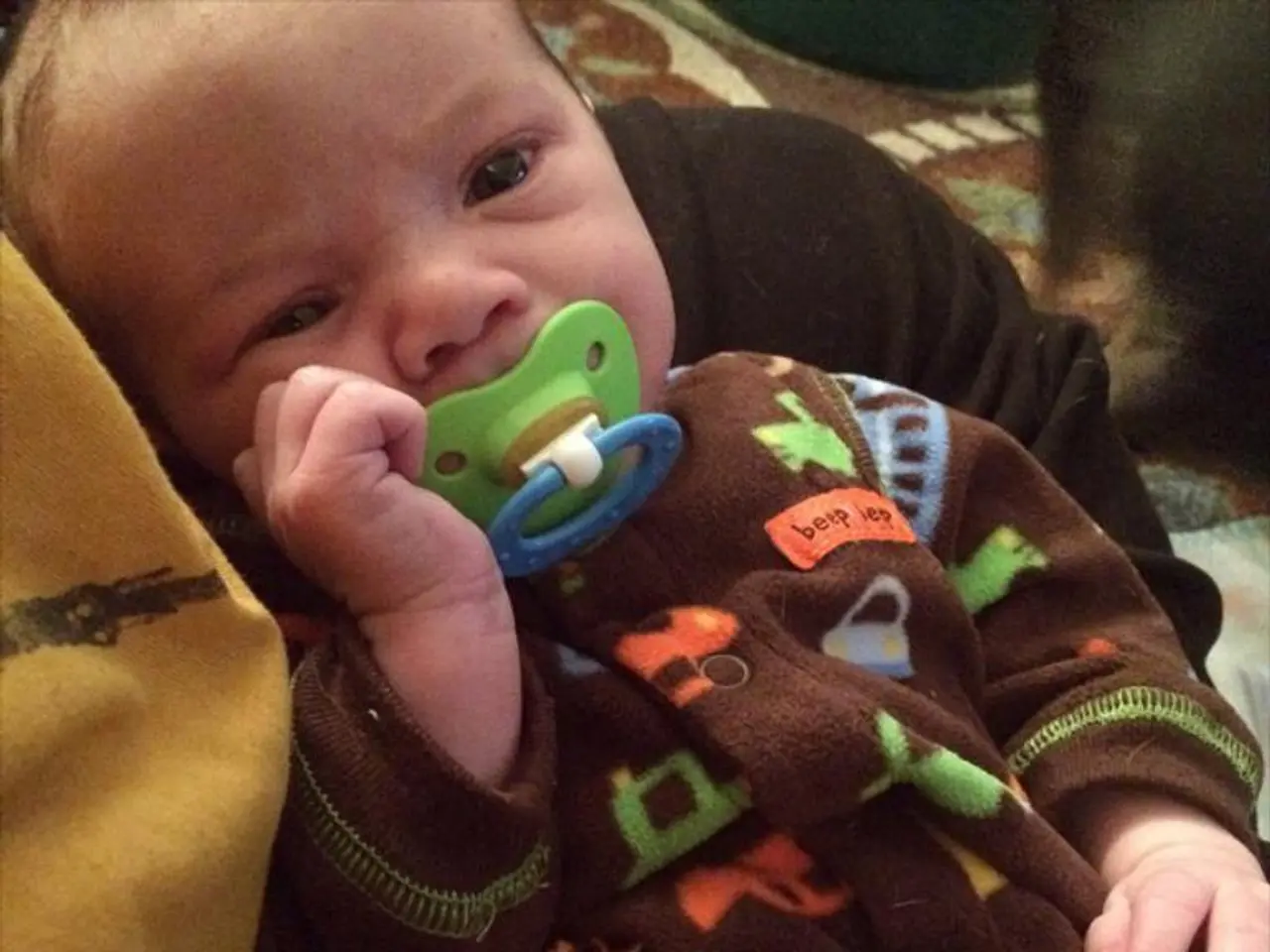Sore nipples: Understanding causes, symptoms, treatments, and related issues
Nipple pain is a common issue that affects both men and women, with various causes ranging from mechanical irritation to serious health conditions. Here's a detailed exploration of the common factors contributing to persistent nipple pain.
One of the most common causes of nipple pain is friction, which can result from repeated rubbing or irritation caused by clothing, exercise, or nipple piercings. Poorly fitting bras or physical activities can cause friction leading to soreness, redness, or even blisters. To alleviate this, wearing a properly-fitted sports bra, smooth synthetic fabrics, or using protective products, such as rash guards, nipple shields, or surgical tape, can help reduce friction and prevent nipple pain.
Infections are another significant cause of nipple and breast pain. In breastfeeding women, mastitis—a bacterial infection often caused by *Staphylococcus aureus*—leads to inflammation, redness, tenderness, and sometimes abscess formation. Mastitis can require antibiotic treatment, and proper diagnosis is essential. Infected nipple piercings may also cause pain and swelling.
Allergic reactions to soaps, lotions, laundry detergents, or fabrics can cause nipple itching, dryness, and pain due to skin inflammation. Dry, cold weather can exacerbate skin irritation around the nipples, leading to discomfort. An allergy to laundry detergent or a poorly-fitting bra can also cause nipple pain.
Hormonal changes during menstrual cycles, puberty, pregnancy, or menopause can make nipple and breast tissue more sensitive. For example, some women experience itchy or painful nipples during premenstrual syndrome (PMS) or pregnancy due to hormonal effects on breast tissue. Warmth or pain relievers, such as ibuprofen (Advil) or acetaminophen (Tylenol), may help reduce nipple pain caused by hormonal changes.
During pregnancy, hormonal changes lead to breast tissue growth and increased sensitivity, which can cause nipple pain. Breastfeeding can cause cracked nipples, blocked milk ducts, or infections like mastitis and yeast infections, all contributing to nipple soreness. Adjusting the breast pump to a more comfortable setting, using properly-fitted nipple shields, and encouraging the baby to take more of the breast into their mouth can help reduce discomfort.
Although less common, nipple pain and changes can be a symptom of breast cancer or Paget’s disease of the nipple. Symptoms may include persistent nipple pain, scaling, discharge, or lumps. Both men and women can develop breast cancer, and any unusual nipple changes warrant medical evaluation. Treatment for breast cancer and Paget's disease may include surgery, radiation, and chemotherapy, and in some cases, removing the nipple and using radiation therapy on the affected breast.
In summary, common causes of persistent nipple pain are multifactorial and include mechanical irritation (friction), infections (like mastitis), allergic reactions, hormonal influences, physiological changes of pregnancy and breastfeeding, and in rare cases, cancer. A healthcare professional should evaluate persistent nipple pain to diagnose the cause and recommend appropriate treatment. Seeking medical advice is crucial, especially for serious causes such as infections and cancer.
- While breast cancer is less common, persistent nipple pain, scaling, discharge, or lumps could be a sign of it, and both men and women should seek medical evaluation.
- In some cases, breast cancer treatment may include surgery, radiation, and chemotherapy, and in rare instances, the removal of the nipple.
- Infections like mastitis, caused by Staphylococcus aureus, can lead to inflammation, redness, tenderness, and even abscess formation in breastfeeding women.
- Hormonal changes during puberty, pregnancy, menopause, or menstrual cycles can make nipple and breast tissue more sensitive, causing itchy or painful nipples.
- Infections in nipple piercings can also cause pain and swelling, and improperly-fitting bras or allergies to laundry detergent can contribute to nipple pain.








